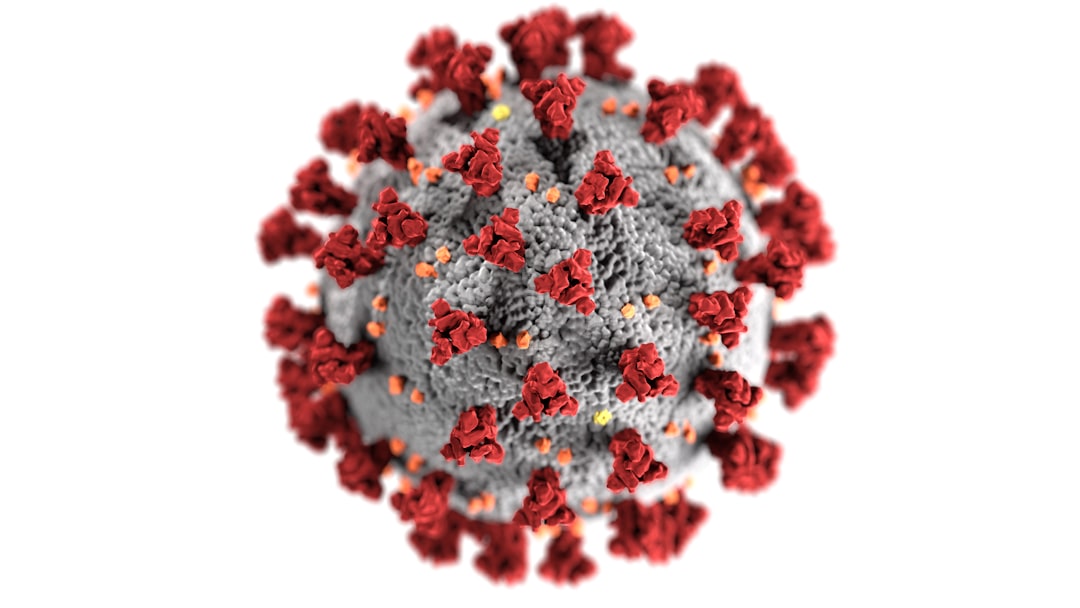What is it about?
The paper explores the development and utilization of animal models, primarily mice, to study bladder cancer. These models are crucial for scientists to understand how bladder cancer develops and behaves in a controlled environment, which can be difficult to replicate in humans due to ethical and practical limitations. The study delves into different methods used to create these models, each tailored to mimic various aspects of bladder cancer progression from its earliest stages to more advanced forms. This includes techniques that involve genetically modifying mice or introducing cancer cells into their bladders to observe how the disease progresses and responds to treatments. Through these models, researchers aim to discover new insights into the biology of bladder cancer, identify potential biomarkers for early detection, and test the effectiveness of new treatments before they are considered for human trials. The ultimate goal is to translate these findings into clinical settings, offering hope for better diagnostic and treatment options for bladder cancer patients.
Featured Image

Photo by Sam Moghadam Khamseh on Unsplash
Why is it important?
This research is fundamental for advancing our understanding of bladder cancer and represents a significant step toward improving outcomes for those affected by this disease. By using animal models, scientists can ensure that any new treatments are both safe and effective before they are used in people.
Perspectives
Innovative Approach to Cancer Research: This paper demonstrates how using animal models, particularly murine systems, can open up new avenues for understanding bladder cancer's complexities. The detailed exploration of various experimental models offers a promising outlook for developing more effective treatments and potentially lifesaving interventions in the future. Bridging Laboratory Discoveries to Clinical Applications: The research underscores the importance of translating laboratory findings into real-world clinical scenarios. By highlighting how these animal models mimic human bladder cancer, the paper serves as a crucial step toward enhancing the precision of treatments and improving patient outcomes in clinical settings. Enhancing Early Detection and Personalized Treatment: This study not only advances our understanding of bladder cancer progression but also points toward the potential for identifying unique biomarkers. These discoveries could lead to earlier detection methods and more personalized therapeutic strategies, ultimately shifting the landscape of cancer care to be more proactive and tailored to individual needs.
Sami El Khatib
Lebanese International University
Read the Original
This page is a summary of: Experimental Animal Models for Preclinical Investigation of the Bladder
Cancer, New Emirates Medical Journal, August 2023, Bentham Science Publishers,
DOI: 10.2174/0250688204666230713093742.
You can read the full text:
Resources
Contributors
The following have contributed to this page










